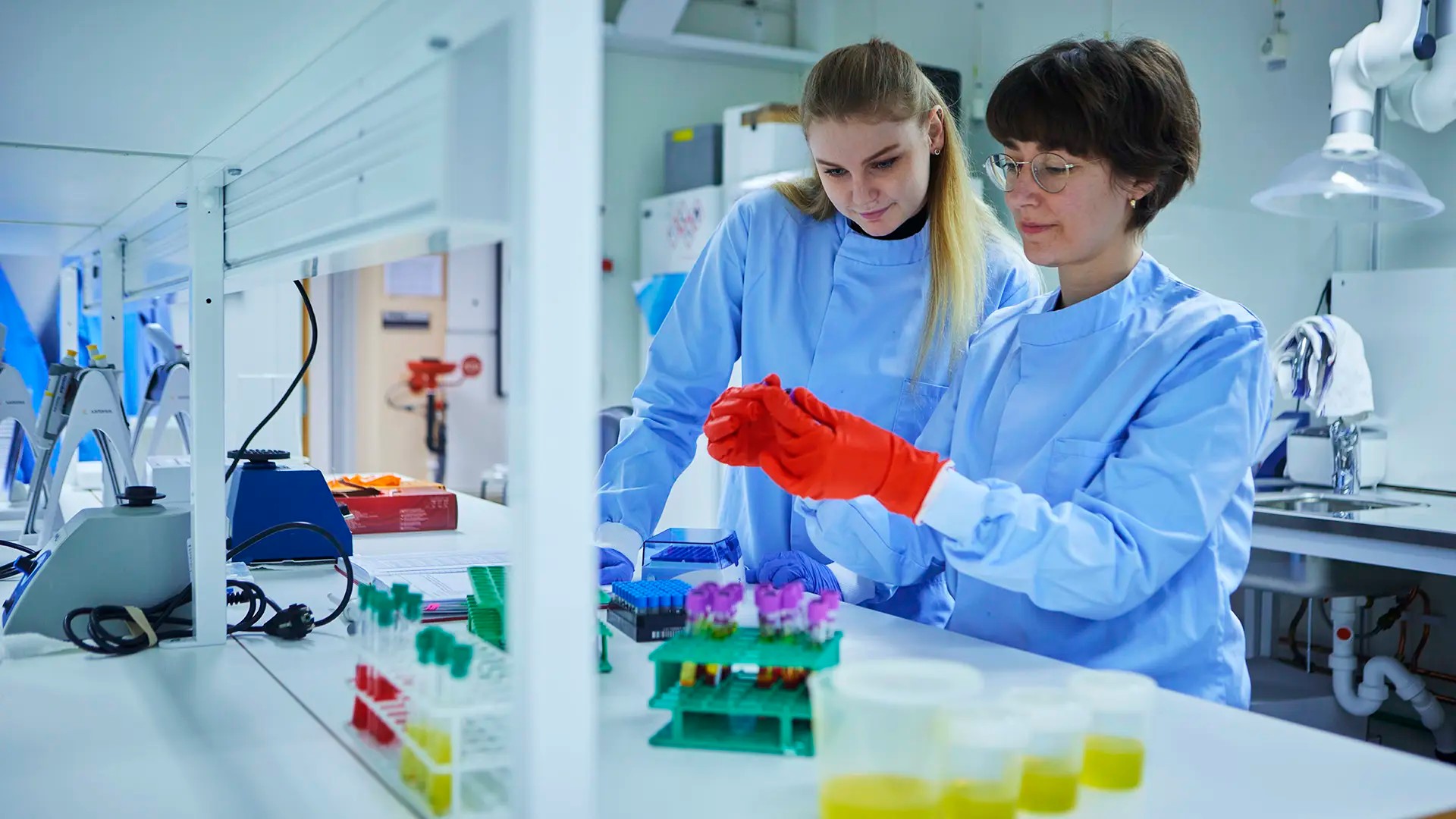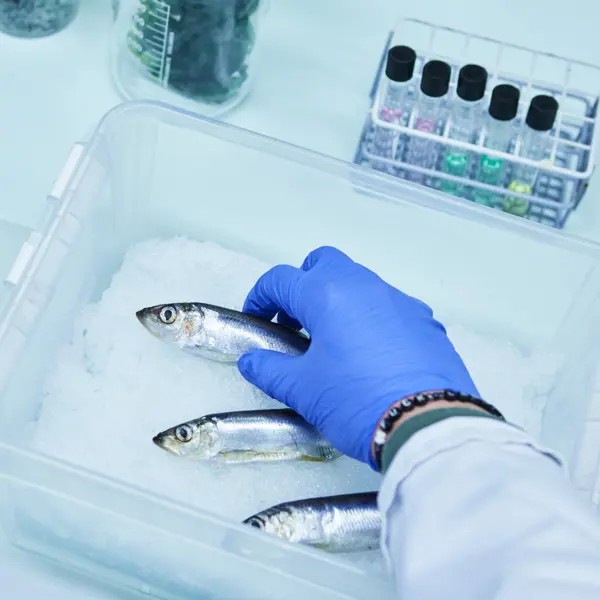
The Division of Food and Nutrition Science (FNS) addresses major societal challenges related to sustainable food production, nutrition and health. We conduct fundamental and applied research, innovation, education and dissemination in Food and Nutrition Science with the aim to provide new knowledge and solutions that pave the way for a sustainable planet and healthy humans.
Research topics span from food chemistry and food technology to molecular and data- driven nutrition (Precision Nutrition).
In Food Science, we focus primarily on marine and plant-based food system for which we develop tools and processes to promote high food quality, minimize losses throughout the value chain and allow nutrient recovery from alternative biomasses.
In nutrition, we focus on human observational and intervention studies as well as cell-based model studies and apply advanced data-driven approaches and state of the art biochemical and OMICs technologies to understand and predict the role of foods, dietary components and dietary patterns in human health. The research is also related to global food security topics in an international context.
Food science for a sustainable bioeconomy

Marine food production
Based on its high nutrient density and low climate impact, seafood can play a crucial role for both food security and a sound dietary protein shift. However, to fully unlock its potential, more of the landed aquatic biomasses must be directly converted to food rather than to lower value bulk products.

Plant-based food production
The focus is on development of scientific understanding, solutions and technologies enabling transition to a future food system which is sustainable, secure, and resilient.
Molecular- and precision nutrition for health
The overall objective of the research conducted is to improve the fundamental understanding of the role of diet in human health. Plant based-, fiber-rich food and their associated bioactive compounds have a central focus for studies on nutrient profiles, bioavailability as well as in studies on appetite, hormonal regulation and cardiometabolic risk factors and diseases such as type 2 diabetes, cardiovascular disease and some cancers.
We use observational- and intervention studies as well as model systems to study the impact of diets, foods and food components in interaction with host genome, molecular phenotype (proteome and metabolome) and gut microbiota.
Our aim is to provide both mechanistic understanding as well as prediction of health and disease outcomes. Nutritional metabolomics (MS-based) is extensively used to develop and validate biomarkers of dietary exposures, characterize the molecular phenotype, discover biomarkers for response/non-response in precision nutrition studies and finding novel biomarkers of early disease or perturbations in the metabolism (metabolome wide association studies).
The group conducts transdisciplinary research in collaboration with international expertise in systems biology, mathematics, modelling and medicine and also with food industry and societal stakeholders for utilisation of results.

Molecular nutrition
In the area of molecular nutrition, the focus is on the bioavailability of specific dietary components and nutrients, their molecular effects on biological systems and the role of maternal diet in early life nutrition.

Computational metabolomics
Metabolomics provides a snapshot of the molecular phenotype through comprehensive measurement of the small organic molecules in biological samples. Computational techniques are then used to study the metabolome in relation to life science research questions, e.g. medicine or nutrition. We develop algorithms and pipelines for metabolomics data generation and omics data analysis. We also apply these procedures to investigate associations between exposures, omics and health.

Precision nutrition of health
Increased evidence suggests that individuals respond differently to diet and lifestyle. However, it is yet largely unknown to what extent different lifestyle factors such as diet, medication, gut microbiota, physical activity along with genetic factors and their interactions with the environment explain these differences. With longer, healthier life for all as a goal, there is a pressing need to develop strategies for individualization of diet for optimal health. The aim of our research is to develop such strategies and evaluate them in human studies.

Nutrition and Food Security in Low-income Countries
As a university of technology, Chalmers has the potential to impact future solutions to global sustainability challenges. Involvement in strategic networks/alliances, university wide projects and collaborative platforms focusing on research, is key elements in such a work. One important step was taken when the East Africa Initiative was launched with the aim to explore and develop ongoing collaborations and contacts with partner universities in East Africa. One of the strategic areas is Nutrition and Food Security with a focus on two of the UN's Sustainable Development Goals, “to end poverty” (SDG1) and “to end hunger, achieve food security and improved nutrition” (SDG2) while ensuring a sustainable environment.
Research leaders

Mehdi Abdollahi
Fostering food sustainability by pioneering alternative proteins, plant-based options and hybrid foods via cutting-edge technologies.

Carl Brunius

Rikard Landberg
Combines food science, OMICs and data-driven methods with human trials and epidemiological studies under the precision nutrition paradigm.

Ann-Sofie Sandberg
Bioavailability of micronutrients in humans, the protein shift and birth cohorts addressing early life nutrition and allergy development.

Nathalie Scheers
Interaction and transport across epithelial barriers.

Ingrid Undeland
Advancing the blue protein transition – algae, side streams and beyond – through innovative stabilization and fractionation technologies.





